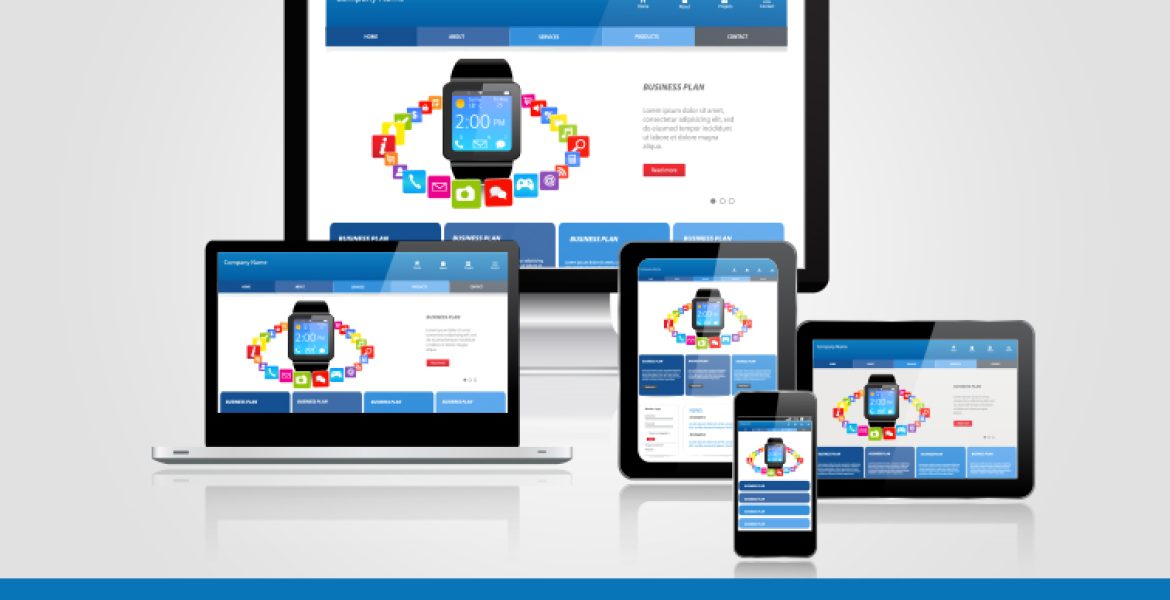In today’s digital era, having a strong online presence is crucial for the success of any business. As more and more users access websites through various devices, it becomes essential to ensure that your website provides a seamless browsing experience across different screen sizes. This is where responsive website design plays a vital role. In this blog, we will explore the significance of a responsive website design and how it can enhance your online visibility.
Adaptability to Mobile Devices:
With the increasing usage of smartphones and tablets, mobile traffic has become a significant portion of overall web traffic. A responsive website design allows your site to adapt effortlessly to different screen sizes, ensuring that your content is easily accessible and readable on mobile devices. By catering to the growing mobile audience, you expand your reach and increase your chances of engaging potential customers.
Improved User Experience:
User experience plays a pivotal role in the success of your online presence. A responsive website design offers a user-friendly interface that adjusts seamlessly to the user’s device. This adaptability leads to improved navigation, faster load times, and optimized content display. A positive user experience keeps visitors on your site longer, encourages exploration, and ultimately increases the likelihood of conversions.
Enhanced SEO Performance:
Search engine optimization (SEO) is essential for driving organic traffic to your website. Responsive web design contributes to improved SEO performance by providing a unified user experience across devices. With a single website URL and consistent content, you avoid diluting your SEO efforts across multiple versions of your site. Moreover, search engines like Google prioritize mobile-friendly websites, leading to higher search engine rankings and increased visibility.
Cost-Effectiveness:
Maintaining separate websites for desktop and mobile can be both time-consuming and expensive. A responsive website design eliminates the need for multiple versions, reducing development, maintenance, and content management costs. By investing in a responsive design, you ensure that your website remains adaptable to future devices and screen sizes, saving you from constantly redesigning your site to accommodate new technologies.
Social Media Sharing and Engagement:
In the age of social media, the ability to share and engage with content is crucial. A responsive website design allows your website’s content to be easily shared across various social media platforms. This seamless sharing experience encourages visitors to interact with your content, driving more traffic to your site and increasing brand visibility.
Conclusion:
A responsive website design is no longer just a nice-to-have feature; it has become a necessity for businesses aiming to thrive in the digital landscape. By optimizing your website for various devices, you can enhance user experience, improve SEO performance, and expand your online visibility. Embracing responsive design ensures that your website remains accessible and engaging to users, regardless of the device they use. So, don’t miss out on the opportunity to boost your online visibility – invest in a responsive website design today!








